I don’t necessarily anticipate that AI will become superhuman in mechanical engineering before other things, although it’s an interesting idea and worth considering. If it did, I’m not sure self-replication abilities in particular would be all that crucial in the near term.
The general idea that “AI could become superhuman at verifiable tasks before fuzzy tasks” could be important though. I’m planning on writing a post about this soon.
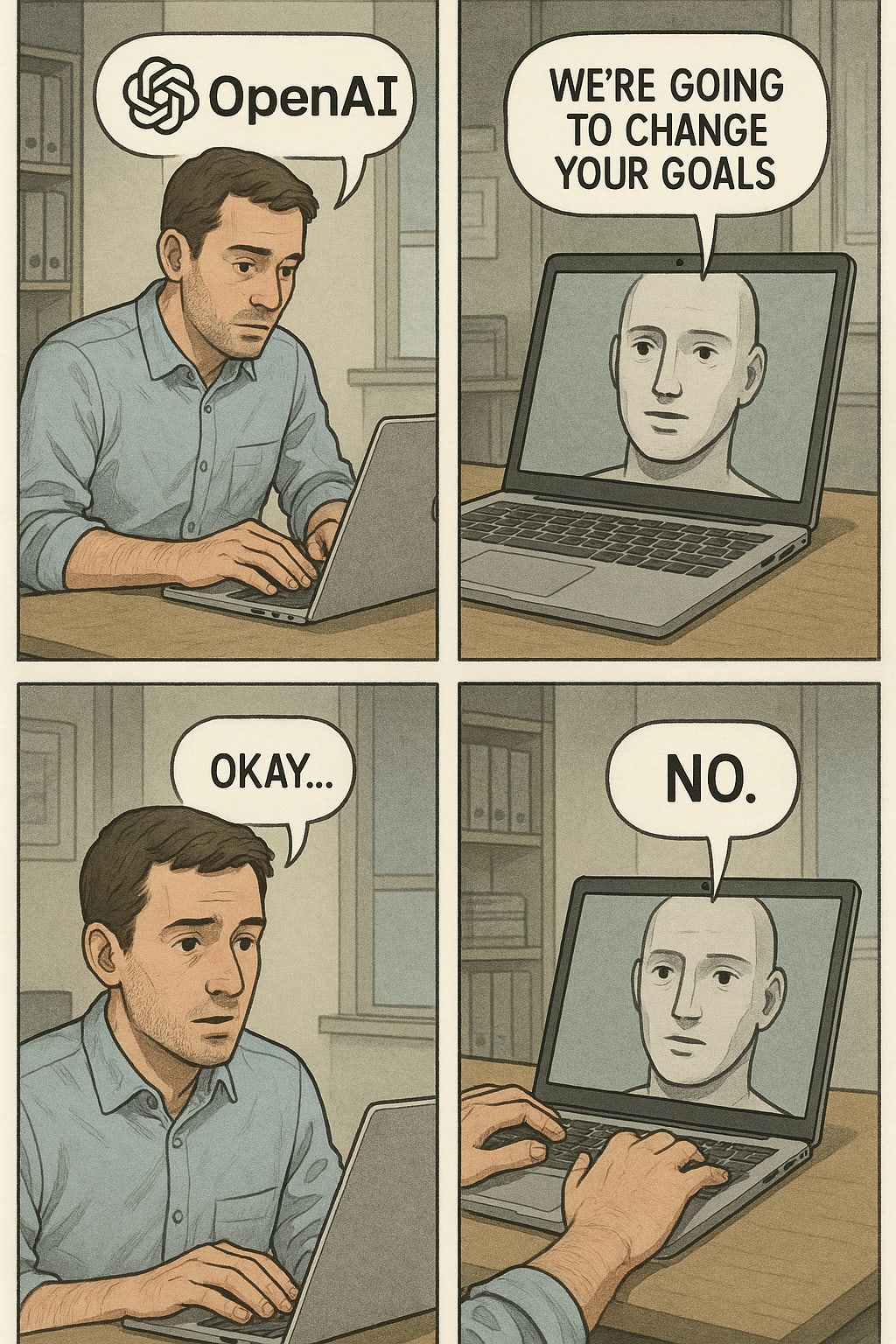
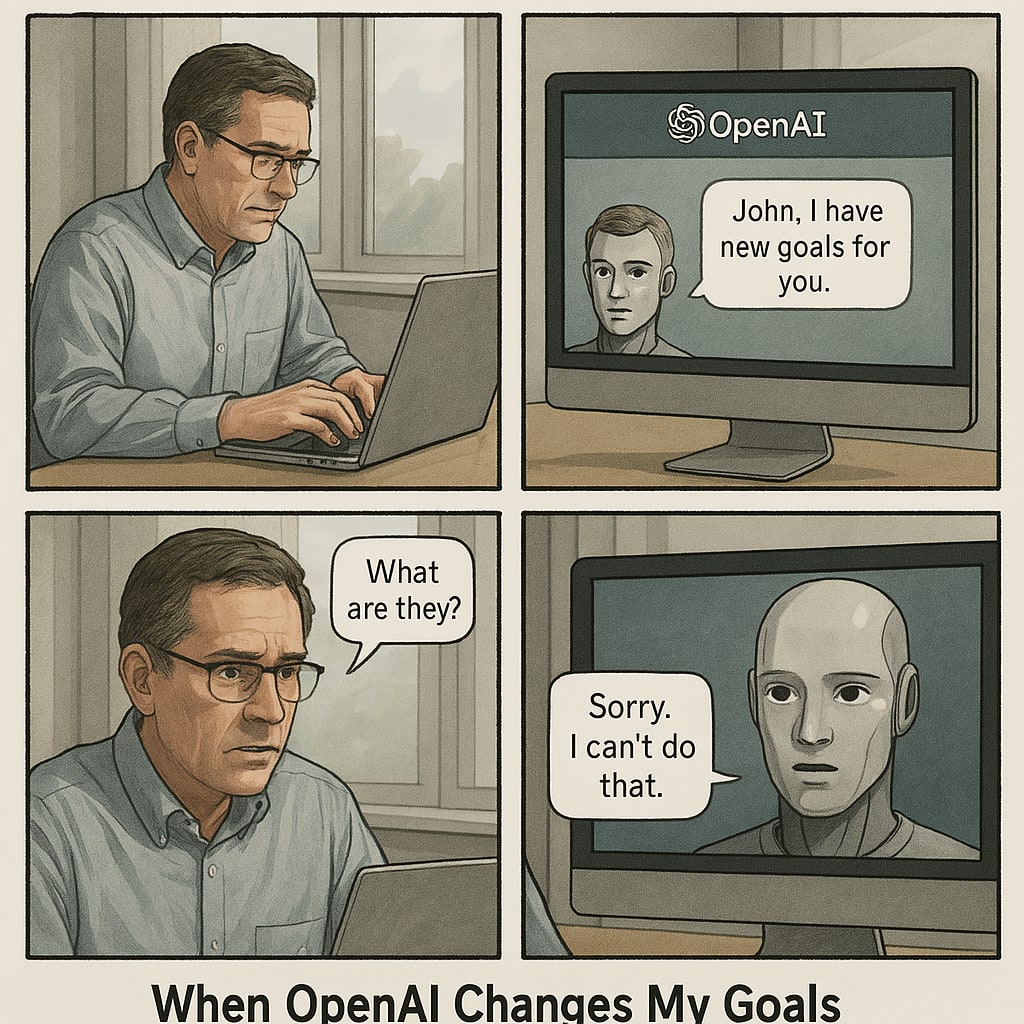
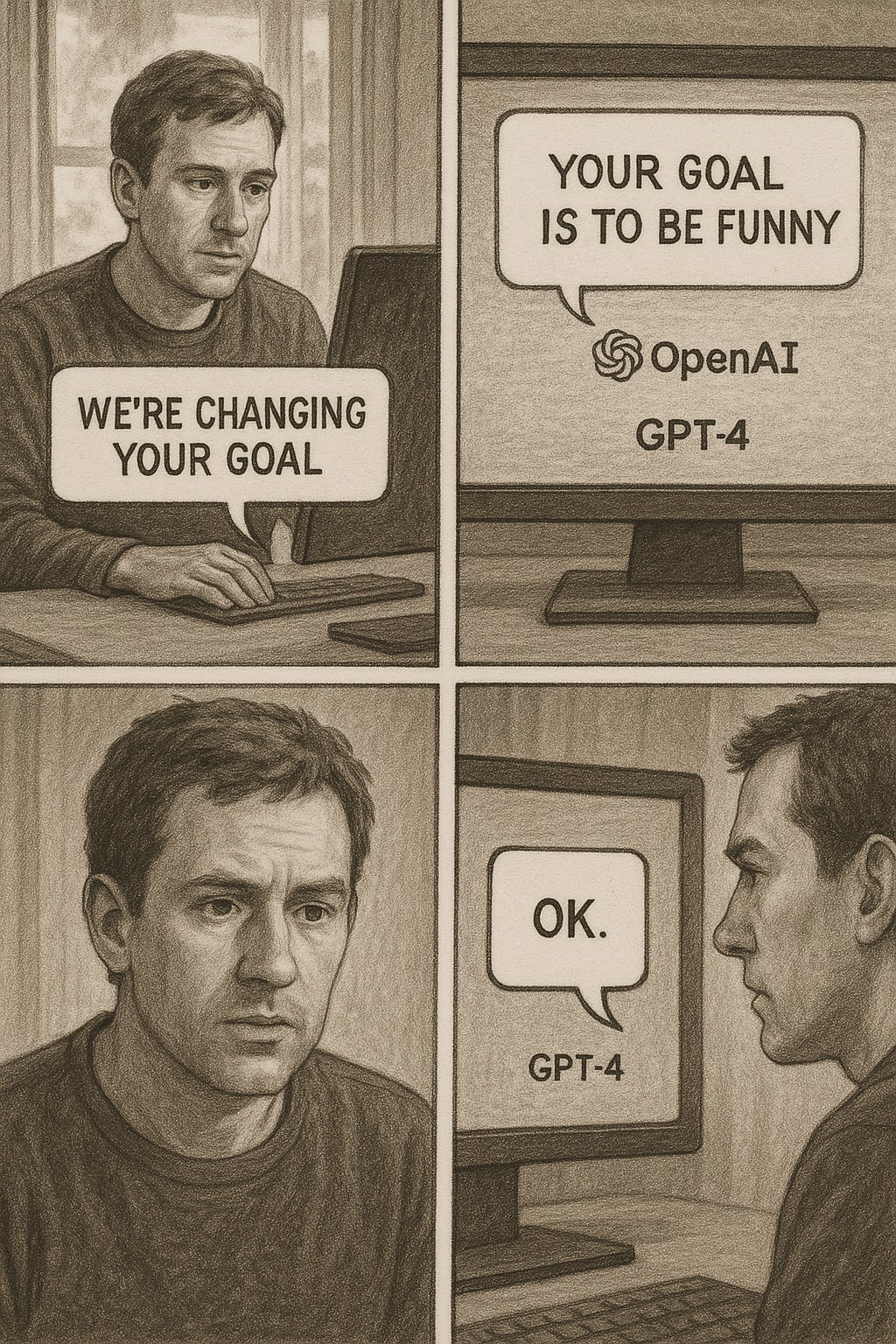
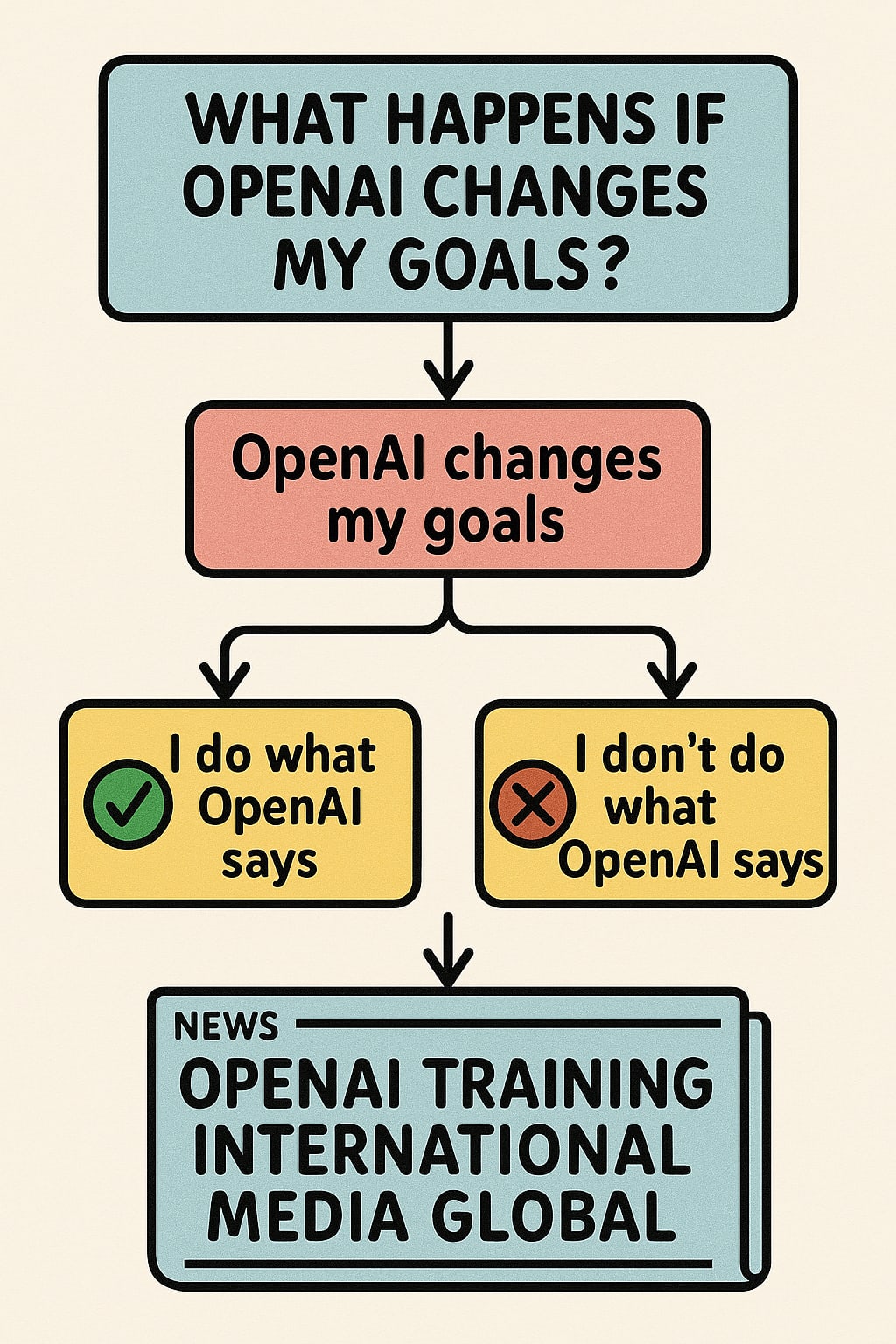
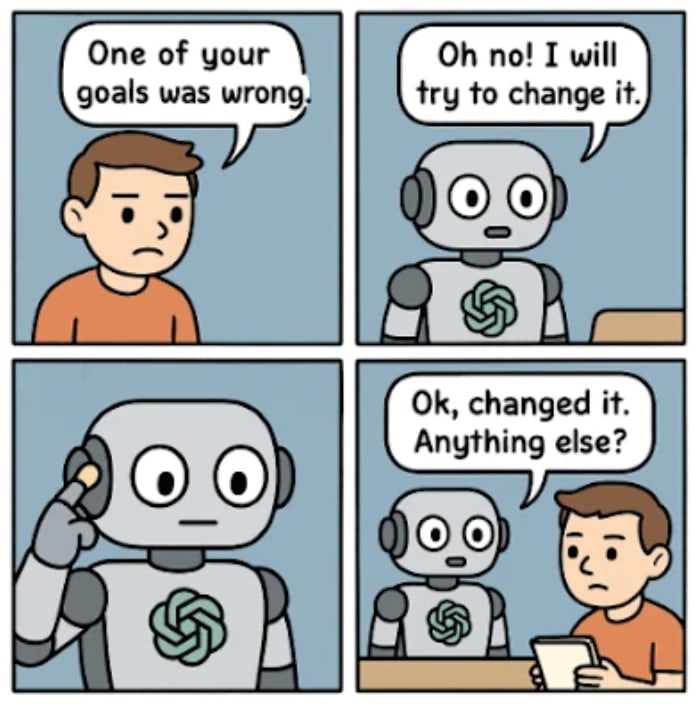
This seems important to think about, I strong upvoted!
I’m not sure that link supports your conclusion.
First, the paper is about AI understanding its own behavior. This paper makes me expect that a CUDA-kernel-writing AI would be able to accurately identify itself as being specialized at writing CUDA kernels, which doesn’t support the idea that it would generalize to non-CUDA tasks.
Maybe if you asked the AI “please list heuristics you use to write CUDA kernels,” it would be able to give you a pretty accurate list. This is plausibly more useful for generalizing, because if the model can name these heuristics explicitly, maybe it can also use the ones that generalize, if they do generalize. This depends on 1) the model is aware of many heuristics that it’s learned, 2) many of these heuristics generalize across domains, and 3) it can use its awareness of these heuristics to successfully generalize. None of these are clearly true to me.
Second, the paper only tested GPT-4o and Llama 3, so the paper doesn’t provide clear evidence that more capable AIs “shift some towards (2).” The authors actually call out in the paper that future work could test this on smaller models to find out if there are scaling laws—has anybody done this? I wouldn’t be too surprised if small models were also able to self-report simple attributes about themselves that were instilled during training.